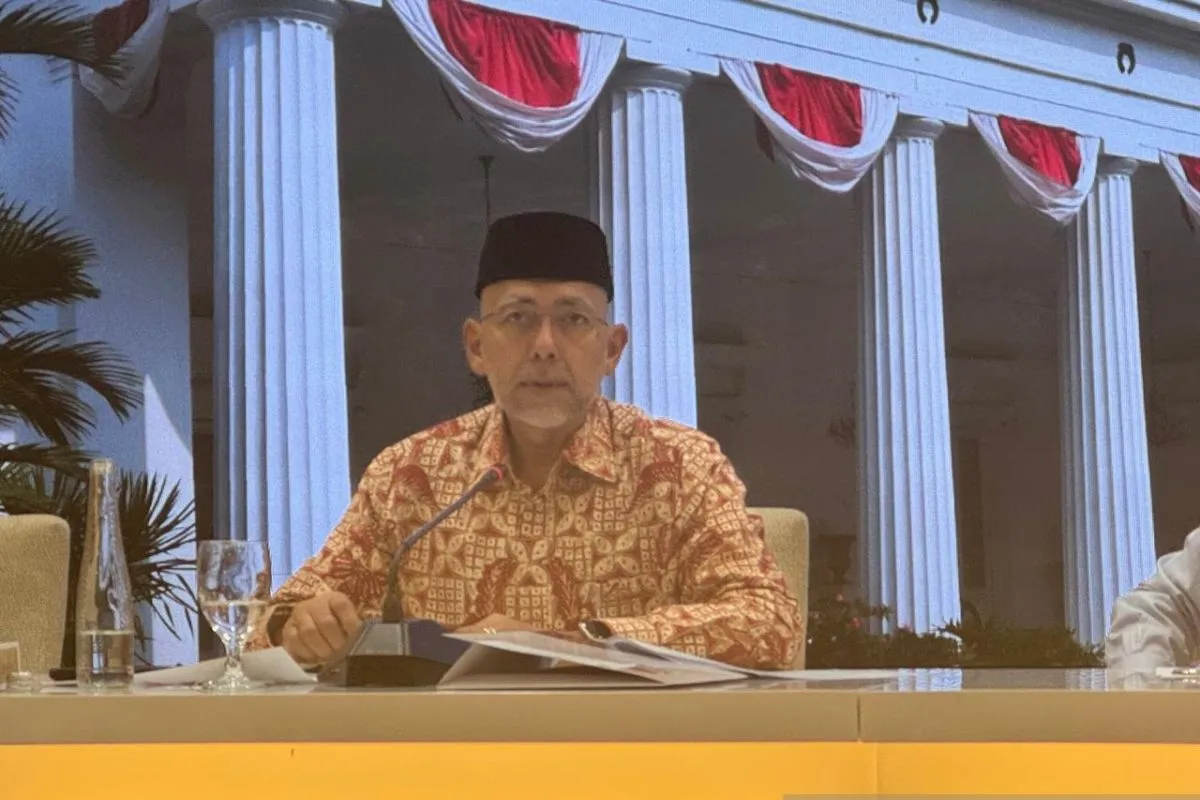Jakarta, May 22, 2025 – The Europe Today: The Indonesian Ministry of Foreign Affairs has reaffirmed that all ASEAN member states unanimously recognize ASEAN centrality as a fundamental principle in navigating the increasingly complex global landscape. This affirmation was conveyed by the Ministry’s Director General for ASEAN Cooperation, Sidharto R. Suryodipuro, during a press briefing held in Jakarta on Wednesday, May 21.
“All ASEAN members also support ASEAN’s increasing diplomatic efforts,” Sidharto stated, underscoring the bloc’s unified stance in addressing regional and international challenges through dialogue and multilateral cooperation.
One of the issues prompting heightened diplomatic activity is the reciprocal tariff policy implemented by U.S. President Donald Trump. Instead of taking retaliatory measures, ASEAN has opted to engage in constructive dialogue with the United States through mechanisms such as the Trade and Investment Framework Agreement (TIFA) and the Regional Comprehensive Economic Partnership (RCEP).
Sidharto emphasized that it is a shared responsibility among ASEAN member states to facilitate diplomatic efforts with ASEAN positioned at the core. “Strengthening ASEAN’s role is increasingly important, particularly in addressing pressing regional issues such as the situation in Myanmar,” he noted.
The crisis in Myanmar remains a significant concern for the region. Sidharto confirmed that the 2025 ASEAN Summit, scheduled to take place in Kuala Lumpur, Malaysia, from May 23 to 27, will focus on reviewing steps taken by the ASEAN Chair’s Special Envoy to help resolve the situation.
The conflict in Myanmar has persisted since the military coup in 2021, which ousted the democratically elected government, sparking widespread violence and humanitarian concerns. “If the Myanmar issue is allowed to continue unresolved, it may contribute to the rise of transnational crime,” Sidharto warned.
Regarding the Five-Point Consensus (5PC), Sidharto noted that there has been no formal proposal to amend the framework. He stressed that the 5PC remains a general and ongoing process rather than a definitive endpoint. The consensus outlines key commitments, including the cessation of violence, provision of humanitarian aid, and the initiation of inclusive dialogue among all parties. It also calls for the appointment of a special envoy to facilitate negotiations.
Despite not currently holding the ASEAN Chairmanship or being part of the Troika, Indonesia continues to support diplomatic efforts related to the Myanmar crisis, according to Sidharto.
In addition to regional security issues, ASEAN is also making progress on the South China Sea Code of Conduct (CoC) with China. A high-level meeting was held at the ASEAN Secretariat in Jakarta in February. Sidharto reported that the CoC is targeted for completion by 2026, with three meetings among senior officials and five rounds of negotiation at the Joint Working Group (JWG) level planned to meet this deadline.
The CoC aims to establish a rules-based framework to maintain peace and stability in the South China Sea, where overlapping territorial claims by China and several Southeast Asian nations continue to pose geopolitical tensions.
The upcoming 2025 ASEAN Summit will also include key events such as the second ASEAN-Gulf Cooperation Council (GCC) Summit and the inaugural ASEAN-GCC-China Summit, scheduled for May 26–27.
The GCC, established in 1981, comprises six Arab nations—Saudi Arabia, the United Arab Emirates, Kuwait, Oman, Qatar, and Bahrain—and aims to foster economic, political, and security cooperation across the Gulf region.
Through these initiatives and summits, ASEAN continues to assert its central role in shaping regional diplomacy and addressing evolving global challenges.


